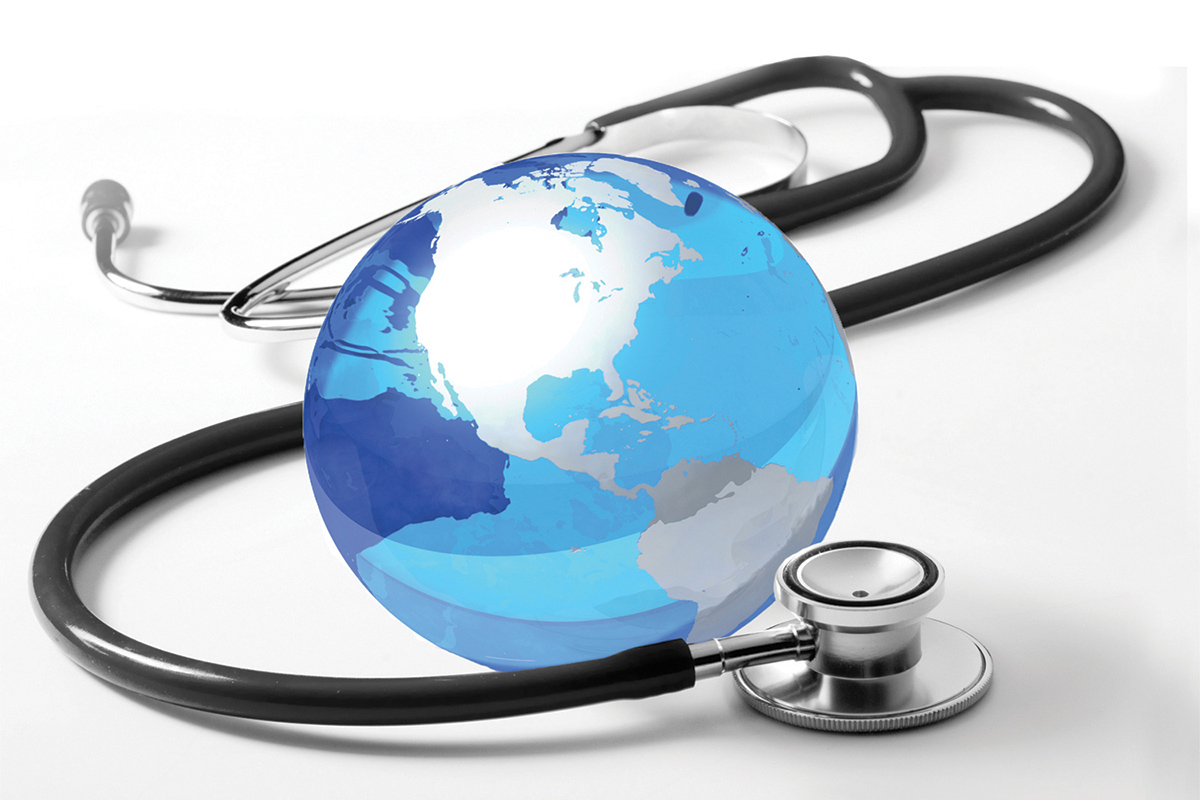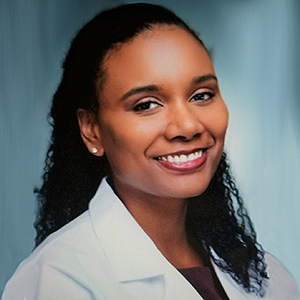What Cardiologists Can Learn From Global Health

"The journey will change you; it should change you. It leaves marks on your memory, on your consciousness, on your heart and on your body. You take something with you. Hopefully, you leave something good behind." – A. Bourdain
As she lay on the hospital bed, her chest rose exhaustedly with each breath. She was cool to the touch and clearly in cardiogenic shock. One of the residents returned with dobutamine, his brow gleaming with sweat from running to the ICU in the Caribbean heat. I knew that the odds were against this 19-year-old woman with severe peripartum cardiomyopathy. In Haiti, our resources were severely limited, but we worked tirelessly to stabilize her.
Ultimately, we succeeded. Her survival was a testament to the success of a collaborative international medical training program that strove to provide data-driven medical education to local physicians. It was due to experiences such as this that I knew that global health would play a major role in my career.
I believe that every medical doctor should seek opportunities to engage in global health because it teaches lessons that are key to becoming a well-rounded and complete physician. The desire to connect deeply to humanity has brought me to villages in India, shanty towns in South Africa, and, most recently, a Partners in Health Hospital in Mirebalais, Haiti, where I spent two years working as a junior attending and confirmed my desire to pursue a career in cardiology.
While abroad, I was struck by the incredibly high prevalence of cardiovascular disease and lack of access not only to cardiologists but also to cardiovascular training opportunities and therapeutic cardiac interventions. My global health experience has undoubtedly made me a better physician and cardiologist. It has taught me invaluable lessons – a few of which I will highlight here.
Global health highlights the importance of humility, empathy and respect in building trust with patients.
Through working abroad, I learned that to do international work well, you must be open, humble, sincere, and, most importantly, respectful of others. In order to build trust with my patients and colleagues, it was critical that I understood the history of the countries that I worked in.
The level of caution and hesitation that many foreign health professionals are met with is often due to sociopolitical factors, cultural differences and fear of the unknown. Understanding this context allowed me to put aside my own assumptions and be aware of the complexity of my identity as an American expat in these communities. With this understanding and level of self-awareness, I was able to develop strong and lasting relationships.
Global health promotes creativity, adaptability and cost-effective conscientiousness.
Learning to "think outside of the box" to address resource limitations has been a useful skill. The fluctuating political and economic stability of countries such as Haiti has taught me how to adapt quickly to changing conditions and emphasized the importance of cost-effectiveness.
In Haiti, for example, most of the population is uninsured and pays out-of-pocket for all health care needs. Therefore, asking families that barely had enough money for food to pay for nonessential testing was not an option. Every day we were judicious about the testing performed, knowing the sacrifice that families would have to make.
Global health can improve clinical skills.
Without the luxury of advanced imaging and invasive testing (i.e., right heart catheterization), I had to depend more heavily on my physical exam and history taking skills. When imaging was available, we interpreted images independently given the lack of reliable access to a radiologist.
As a cardiology fellow, continuing to improve my physical exam skills and reviewing primary data have been important skill-building practices.
Education and data-driven medicine are a few of the most impactful and sustainable global health contributions one can make.
Teaching has been the most significant contribution that I have made through my work abroad. I have assisted in teaching international medicine trainees the importance of evidence-based medicine through onsite teaching and by supporting small-scale research projects to train future physician-investigators in a part of the world where there is a paucity of research.
As a cardiology fellow, I have developed a cardiology curriculum for the trainees in Haiti in partnership with the chief residents in Mirebalais. Given the increasing burden of cardiovascular disease and the dearth of cardiologists in the region, our goal is to create a sustainable, capacity-building cardiology curriculum for the internal medicine residents.
By utilizing a videoconference platform for curriculum delivery, I hope to empower and educate change agents who will take the action necessary to provide the best possible care with locally available resources. So far, it has been an enriching experience not only for the residents in Haiti, but also for the fellows at the University of Pennsylvania who have had the opportunity to teach and interact with physicians in training overseas.
I encourage all interested cardiology fellows to seek out global health opportunities. They will take you on journeys of tremendous personal and professional growth and enable you to make a significant and long-lasting impact on global cardiovascular health.


